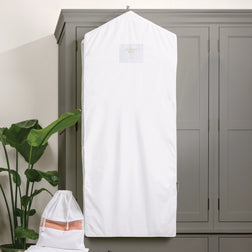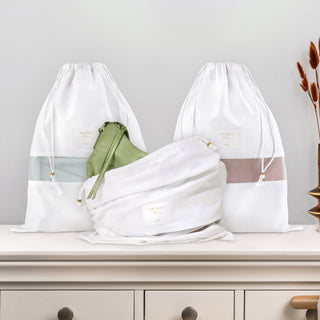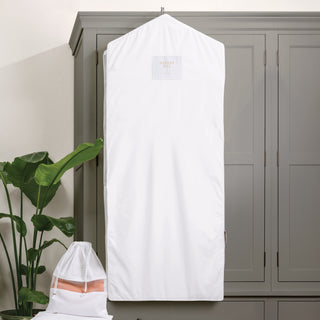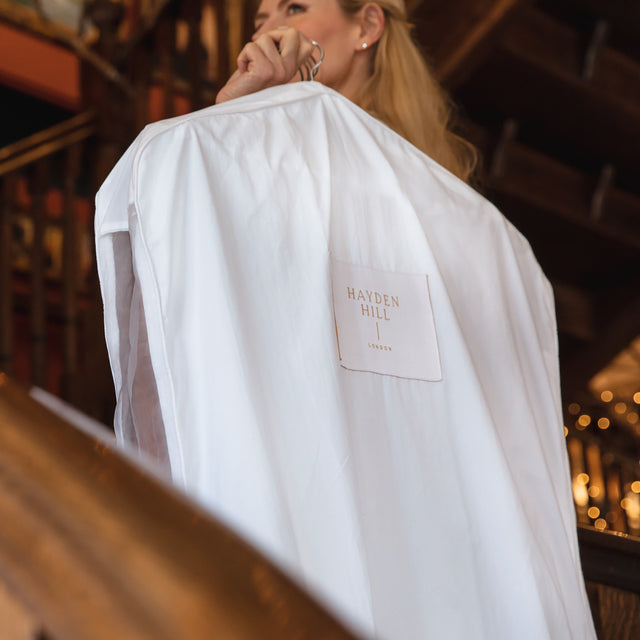What is organic cotton and what makes it so much better than conventional? Read our article to find out how to make the better environmental choice by choosing sustainable clothes and make eco-friendly purchases.
Cotton is the world’s most popular fabric and can be used to make everything from bed linens to denim to currency. It is the perfect combination of softness, breathability, and durability.
Cotton is a natural fiber and it seems purchasing it would be an eco-friendly choice. However, not all cottons are created equal.
Conventionally grown cotton has harmful effects on the environment. Cotton production produces millions of tons of carbon emissions every year, requires a substantial amount of water, and pollutes the ground with millions of pounds of pesticides.
Fortunately, organic cotton is an alternative that is rapidly increasing in popularity and availability.
What is Organic Cotton?
Organic cotton has been defined as cotton that is grown using methods that have less impact on the environment. In order for a product to be organic, the production processes must:
- maintain and replenish soil fertility
- reduce the use of toxic waste, chemicals, dyes, pesticides, and herbicides
- use non-GMO seeds
To be certain an item is made of organic cotton, it should be certified by a reputable organization and clearly labeled as such. The most well known certifications are from the Global Organic Textile Standard (GOTS), which offers both 95% organic materials and 70% organic materials certifications. Hayden Hill garment bags are made of high quality, organic cotton with sheer, organza side panels and are GOTS certified.
The Better Cotton Initiative (BCI) and Organic Content Standard (OCS) are two other reputable organizations that offer organic certifications.
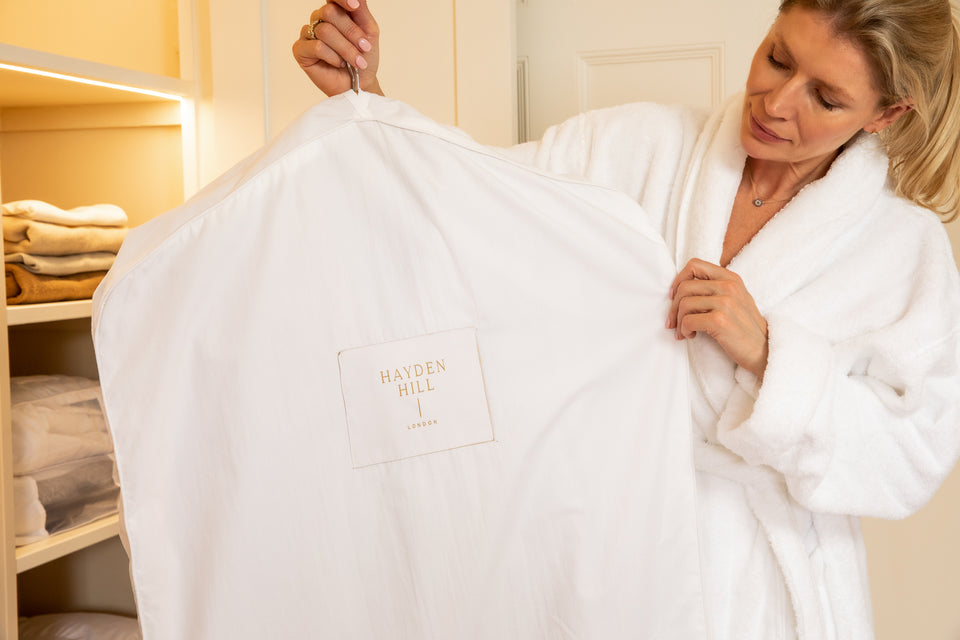
Organic vs Conventional Cotton
But what makes organic cotton so much better than conventional? Despite cotton’s image as clean, pure, and The Fabric of Our Lives™, it was named World’s Dirtiest Crop by the Environmental Justice Foundation and Pesticide Action Network.
Conventional cotton is heavily treated with 694,522 lbs of harmful pesticides and around 9 million pounds of chemical fertilizers annually.
Conventional cotton is also less sustainable. It takes 2,168 gallons of water to produce a single t-shirt made of conventional cotton. The production process also requires a significant amount of energy.
By comparison, organic cotton only takes 86 gallons of water to process. In 2014-2015, organic cotton saved over 218 billion liters of water , 288.7 million kw of energy, and 92.5kg of CO2, compared to conventional crops.
How is Organic Cotton Grown?

The process of growing organic cotton is no different from conventional cotton, other than the absence of GMO seeds, chemical fertilizers, and pesticides. Cotton grows best in a warm, arid climate and needs moderate rainfall. Most organic cotton farms do not draw on water basins like conventional farms and use only rainfall to nourish the crops.
It takes about 180 days after planting for cotton to produce bolls, which are round, fluffy clumps of cotton. These are hand plucked and placed in breathable sacks or other containers. The collected cotton is then placed in a cotton gin, which separates the cotton fibers from any dirt, stems, and seeds.
After that, the cleaned cotton fibers are spun into yarn. At this point, the cotton yarn can be used to make garments.
How Much Organic Cotton is Grown Globally?
The Textile Exchange’s 2020 Organic Cotton Market Report found organic cotton production for the 2018/2019 harvest increased 31% over the previous year. The report also stated that 222,134 cotton farms produced 239,787 metric tons of cotton, which was sourced from 19 countries and over 1 million acres of land. Additionally, nearly 138,000 acres of conventional cotton land was being converted to organic, due to the increased demand.
Why Buy Organic Cotton?
In addition to more environmentally friendly production processes, organic cotton has a few other important advantages over conventional cotton.
- It is more durable. Organic cotton is more resilient than conventional cotton. The pesticides used to make conventional cotton often break down the fibers long before production, reducing the longevity of the material.
- It protects wildlife. Pesticides, fertilizers, waste water, and farm expansion have destroyed many natural habitats. Organic cotton farms cause far less environmental destruction, since they do not use any chemicals.
- It has less allergens. Certified organic cotton products can only use finishers and dyes that have been approved, meaning that there are no harsh chemicals in the fibers. This is excellent for those who have sensitive skin or allergies.

Organic Cotton Brands
Thanks to the popularity of cotton as a fabric, there are multiple brands both organic and Fair Trade cotton, including these international brands that are committed to using earth-friendly fabrics such as organic cotton:
- Patagonia
- Bibico
- Armed Angels
- People Tree
- Komodo
- Conscious Step
- Mata Traders
- The Waight
- Organic Basics
- Threads 4 Thought
- Allbirds
- prAna
- Vege Threads
- REI Co-op
Buy Certified Organic Cotton
Unfortunately, there are still many fast fashion brands that mass produce conventional cotton items. But as the demand for slow fashion continues to increase, it will be easier to find organic cotton and other fabrics.
Until then, you can be certain you are making eco-friendly purchases by looking for the certified organic cotton label and shopping sustainably with reputable retailers who practice slow fashion.


